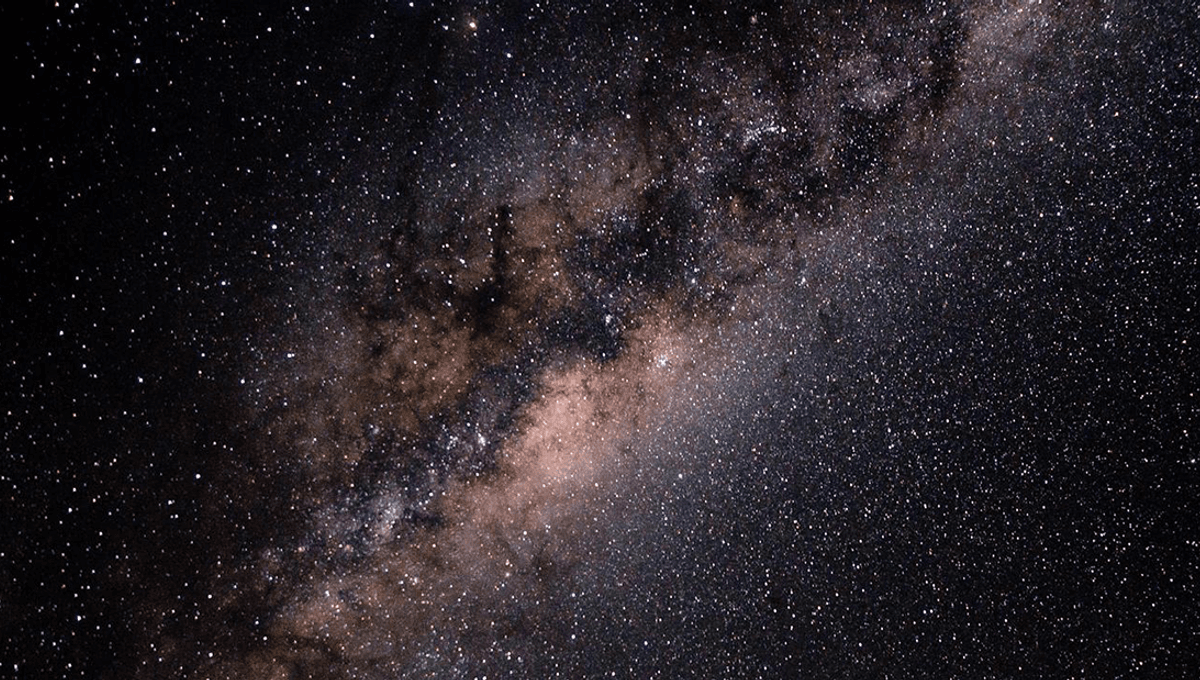
With 200 billion trillion (ish) stars in the universe and 13.7 billion years that have elapsed since it all began, you might be wondering where all the alien civilizations are. This is the basic question behind the Fermi paradox, the tension between our suspicions of the potential for life in the universe (given planets found in habitable zones, etc) and the fact that we have only found one planet with an intelligent (ish) species inhabiting it.
There are plenty of proposed explanations for the paradox, from a galactic zoo and everybody keeping quiet so they don’t get destroyed, to great filters stopping the progress of life at various stages. A new paper has taken a look at the paradox from a fresh angle, and concluded the simplest explanation might be the best; it’s possible we are entirely (or almost entirely) the only intelligent civilization in our galaxy.
The paper begins with a thought experiment, proposed by physicist Edwin Jaynes in 1968. Imagine you enter a laboratory and find a line of large beakers filled with water, in which you will place “substance X” to see if it dissolves.
In such a scenario, you would expect that the substance would either dissolve nearly 100 percent of the time, or nearly zero percent of the time. Either this substance dissolves in water at room temperature or it doesn’t. If it were to dissolve about half the time, that would imply that the tiny variations in temperature and pressure in the lab were enough to change the outcome, and that the conditions had been “finely tuned” for the substance to dissolve.
We can apply the same sort of reasoning to the hunt for alien life and civilizations.
“Consider an ensemble of Earth-like planets across the cosmos – worlds with similar gravity, composition, chemical inventories and climatic conditions,” the team writes in their paper, which has not yet been peer-reviewed. “Although small differences will surely exist across space (like the beakers across the laboratory), one should reasonably expect that life either emerges nearly all of the time in such conditions, or hardly ever. As before, it would seem contrived for life to emerge in approximately half of the cases – again motivated from the fine-tuning perspective.”
We do not have enough information to use this reasoning on lower levels of life, such as microbial life. It could be that microbial life emerges in nearly every case it can arise, or nearly never emerges. We simply do not have enough data on planets and exoplanets to know either way, although looking at our own planet we know that multicellular life has only existed for around 600 million years, which may suggest the jump from single cells to multicellular life is rare.
First author on the paper David Kipping explains more.
We also can’t use our own existence as proof that we are living in the scenario where intelligent species are abundant. We could just be in one of the very rare worlds where life arose.
But we do have a little information that we could use to constrain the search for advanced alien civilizations. Though we have looked for potential Dyson Spheres and other signs of advanced alien civilizations, they have all (where explanations have been found) turned out to be natural phenomena, e.g. hot dogs.
If we were in a galaxy where intelligent life almost always emerges (across large timescales, and making reasonable assumptions about longevity), then you would expect to see the signs of alien civilizations throughout it, as the team highlighted using a modified Drake Equation. We simply do not see this, leading us to the conclusion that we are in the scenario where we are in a galaxy in which intelligent life nearly never emerges, rather than the one where it is abundant.
That’s a pretty bleak conclusion, but the team says there are still possible reasons to be optimistic about the scenario where intelligent life emerges rarely, but spreads quickly when it does so, the so-called “grabby aliens” scenario.
“Here, one might imagine that ETIs emerge rarely, but when they do they often proceed to colonize their region in short order. In such a Universe, most regions are filled and thus F ≈ 1. The fact we don’t see F ≈ 1 locally is because humanity must necessarily have emerged in a pocket of space where this wave has not yet reached, via the weak anthropic principle,” the team explains.
“Such a scenario lends itself to inverting the normal view of SETI – rather than looking locally, we should be looking at regions greatly separated from us. Such a hypothesis has ther advantage that it is, in principle, verifiable via extragalactic SETI.”
The paper is posted to pre-print server arXiv.
Source Link: Thought Experiment Suggests We Are Likely Alone In Our Galaxy